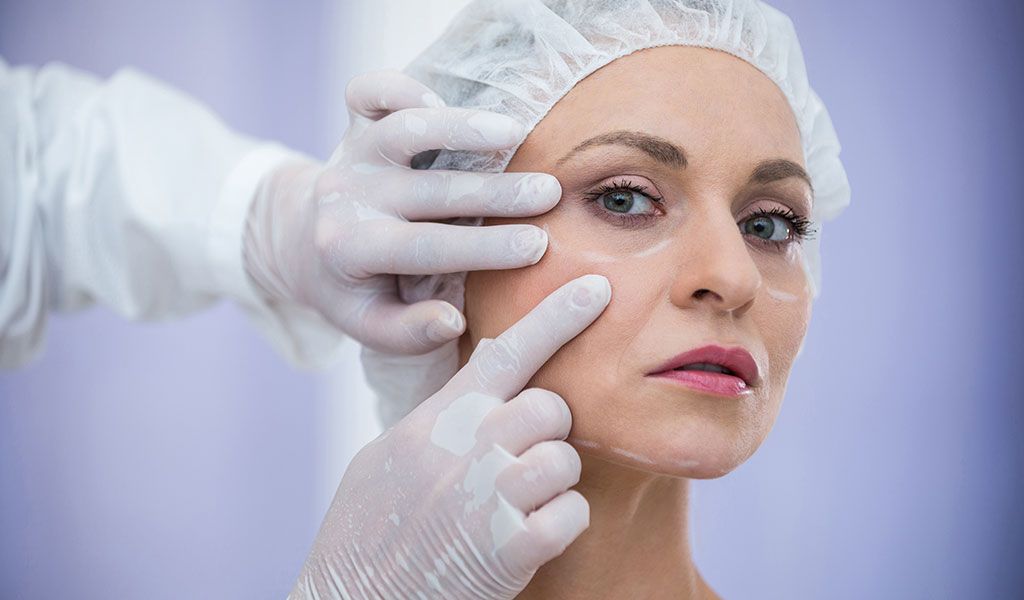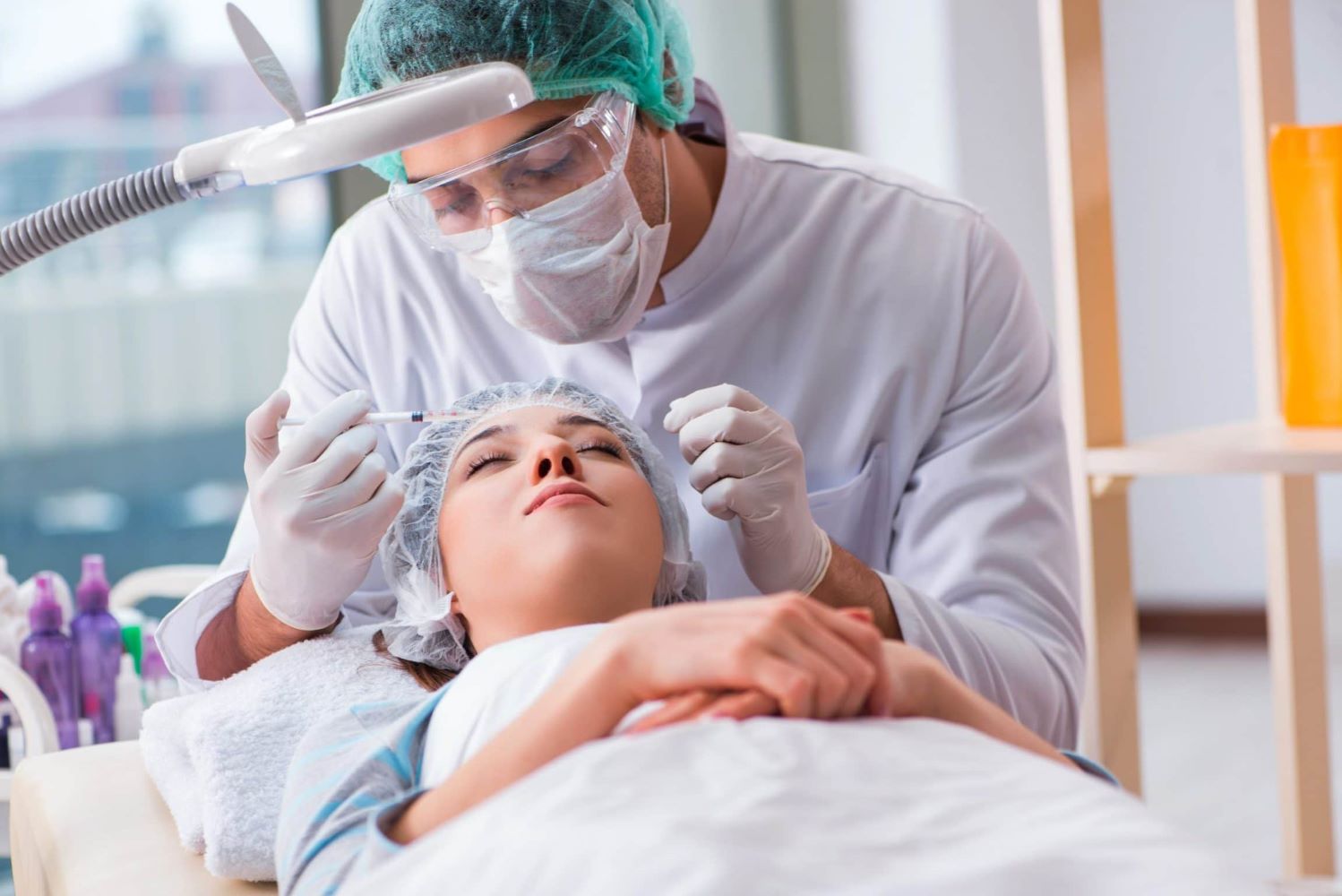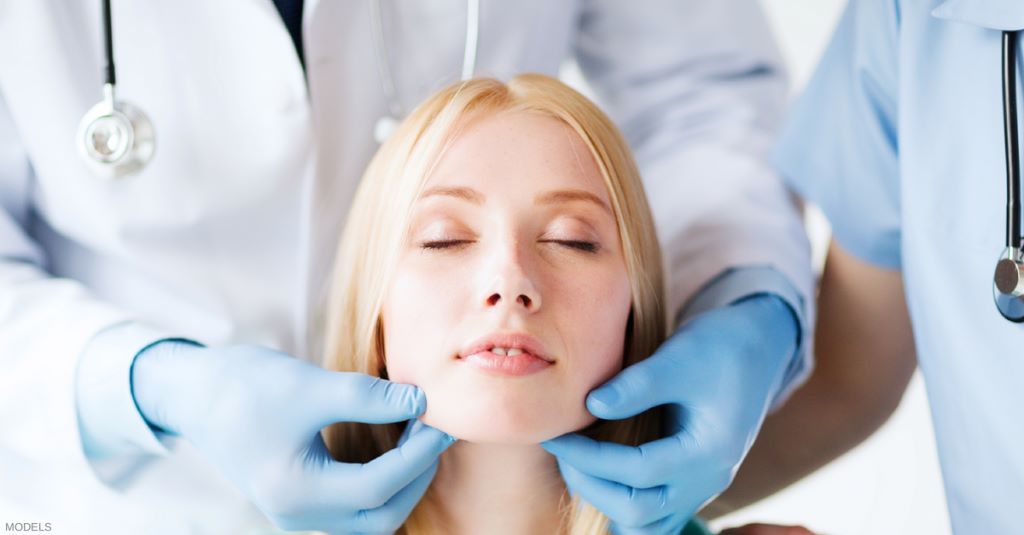What Is Plastic Surgery Addiction?
People with plastic surgery addiction have a mental and behavioural disorder that makes them want to get cosmetic surgery over and over again. People with this condition are always unhappy with how they look and have a distorted view of themselves. This is generally because they are dealing with deeper mental health issues.
This isn’t just about being vain; it’s a serious mental health issue that can have a big impact on your financial, emotional health, and social life.
Deeper Look: What Causes Plastic Surgery Addiction?

Plastic surgery addiction doesn’t stem from one factor—it’s often the result of a combination of emotional, social, and psychological triggers:
1. Body Dysmorphic Disorder (BDD)
This is one of the biggest problems. People with BDD are concerned with flaws that other people can’t see. Cosmetic surgery might help for a short time, but it usually doesn’t help someone with BDD. In fact, it might make their disease worse.
2. Problems with self-esteem and identity
People with low self-esteem may think that changing how they look will help them feel better on the inside. But these adjustments don’t always address the emotional vacuum, which leads to a never-ending cycle of “fixes.”
3. Beauty Standards and Social Media
Filters, editing software, and the carefully chosen perfection that can be seen on sites like Instagram and TikTok change what people think is beautiful. People start to compare their genuine looks to these fake ones, which makes them unhappy and want to get surgery to make them look better.
4. Trauma or being bullied in the past
People who were mocked or bullied about how they looked, especially as children or teens, may develop long-term fears that make them want to “fix” or get rid of those terrible memories through surgery.
5. The Effect of Dopamine
Plastic surgery can make you feel more confident and get you more attention from other people, but only for a short time. Like chasing a high, this rush can become addicting, making people want to have the operation done again and again to get that feeling back.
6. Getting praise from friends or society
After a successful procedure, compliments may make the person think that looks are the most important thing for getting love or acceptance, which might lead to a need for more surgery.
What Are the Dangers of Being Addicted to Plastic Surgery?
- Physical harm: scarring, infection, nerve damage, and death of tissue
- Distorted look: exaggerated features, “plastic” look
- Emotional harm: anxiety, sadness, and compulsive behaviour
- Financial burden: Procedures are expensive and insurance sometimes doesn’t cover them.
- Strain on relationships: being obsessed with how you look can make you feel alone or cause fights.
Signs That You Might Be Addicted to Plastic Surgery
- Never being happy with the outcome
- Focussing on small or made-up problems
- Wanting to have a lot of procedures in a short amount of time
- Not following doctor advice to avoid more surgery
- Putting other parts of life on hold to focus on being fit
- Being secretive or lying about how things are done
Can plastic surgery make body dysmorphia worse?
Yes. For some people, getting cosmetic surgery might make their existing BDD worse or even cause new insecurities. After each surgery, they might focus on a different flaw, which keeps the cycle going. This is why it’s important to have psychiatric examinations before some procedures.
Effect on Mental Health
Some cosmetic operations really can boost self-esteem and quality of life, but for others, they hide deeper emotional distress. Studies demonstrate that having the same surgery over and over again because you aren’t happy with yourself might make your mental health worse over time, which raises the chance of:
- Anxiety disorders
- Sadness
- Withdrawing from social situations
- In severe circumstances, thoughts of suicide
How often do people get addicted to plastic surgery?
Studies reveal that between 7% and 15% of people who have cosmetic surgery show evidence of body dysmorphic disorder, but it’s hard to say for sure. These rates may be going up, especially among teens and young people, because of the rise of non-invasive treatments and pressure from society.
What Are the Treatment Options?

The goal is not to judge the desire for cosmetic surgery, but to treat the underlying emotional issues that fuel addiction:
Cognitive Behavioral Therapy (CBT): Helps reframe harmful thought patterns
Psychiatric support: May include medication for anxiety, depression, or OCD
Support groups: For individuals recovering from BDD or body image issues
Surgical intervention pause: Ethical surgeons may recommend therapy before proceeding
Lifestyle changes: Reducing social media exposure, developing non-appearance-based self-worth
The Importance of Choosing a Qualified Surgeon
One of the most overlooked yet critical factors in preventing plastic surgery addiction—and avoiding unsatisfactory outcomes—is choosing a highly qualified, ethical, and experienced surgeon. In the hands of an underqualified practitioner, patients are at greater risk for complications, unnatural results, or the need for revision surgeries, which can lead to emotional distress and fuel further obsession with correcting flaws.
Expert surgeons not only ensure technical precision but also set realistic expectations, screen patients for underlying psychological concerns, and are more likely to recommend against unnecessary procedures. At Aesthetic Airways, our medical team takes a holistic, patient-first approach, prioritizing both your safety and s
Conclusion: Real Beauty Starts With Mental Well-being
While plastic surgery can be empowering, when it becomes a compulsion, it’s no longer about enhancement—it’s about escape. If you or someone you love is caught in a cycle of dissatisfaction and constant surgical interventions, it may be time to seek help.
At Aesthetic Airways, our board-certified experts don’t just offer advanced aesthetic procedures—they prioritize your mental and emotional well-being. If you’re unsure whether surgery is the right next step, or if you’re struggling with self-image, we’re here to help.

